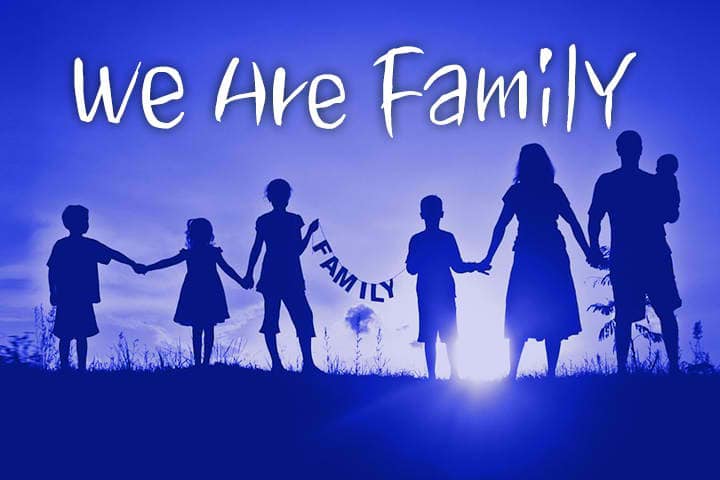344 total views
Homily for Tuesday of the 25th Week in OT, 20 Sept 2022, Lk 8:19-21

When you become good friends with somebody, at some point you become almost like a member of his family. In Filipino culture you may even get to a point where you also begin to call his father “tatay”, his mother “nanay”, his elder siblings “kuya” or “ate”, his uncles and aunts “tito” or “tita”, because you have begun to treat your friend like your own brother or sister.
It is a normal development in healthy families, especially if the parents have raised their children well because they have been raised by good parents themselves. The time comes, almost naturally, when the family grows into a wider network of relationships, not just by marriage, but by friendships, shared faith, shared culture or ethnicity, shared experiences.
In today’s Gospel, Jesus is insisting precisely on this point to his immediate family. St. Luke tells us Jesus’ family came and “stood outside”—meaning, they wanted him to come out and attend to them. I have a feeling that they did not want to come in because they felt it was too “crowded” inside. They regarded the people inside as a crowd. They did not want to talk to Jesus in the presence of “other people.”
For Jesus, however, most of these disciples whom he was sharing the Word of God with were no longer “other people”. And so he probably wanted his family to get to know his friends. He had started to treat them as family too, as his own mothers and fathers and brothers and sisters.
I do not think he said what he said because he meant to insult his family; I think rather that he was challenging them to grow into a divine family, through their common bond in the Word of God. It was also the main reason why he had taught his disciples to pray to God as Abba or Tatay, so that we could learn to treat every other human being as “no longer other” (hindi na iba), as family.
You see, the practice of calling fellow volunteers in Church or parish ministries as “Brother so-and-so” or “Sister so-and-so” was not an invention of Cursillistas, or of Charismatics, or of BECs. It is as old as Christianity itself.
It is therefore sad when Christians can express care and compassion only to their blood relations, but not to their fellow disciples in the Church or even their fellow human beings from other Christian denominations or other religions. Yes, no doubt, “Charity begins at home”, but that does not mean it should end at home or be kept at home.
Part of the good news that Christ is inviting us to live is the thought that WE ARE CALLED TO BE FAMILY under the parenthood of the same God, living in the same planet as our common home. For Jesus, we can only say we are progressing in our humanity when our sense of kinship begins to grow, when it begins to transcend relations by blood, by ethnicity, or even by religion. You know that that is happening when you see a victim on the wayside and you respond with compassion, because you have begun to see in that stranger a brother, a sister, or a mother. That is the best sign that we have learned to grow in our kinship with God through Jesus Christ.
















